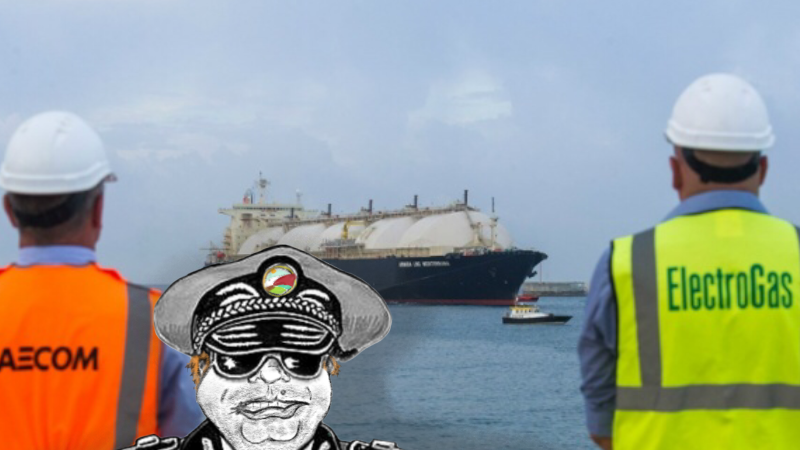For those following this series, it should be clear by now that whether you are taking over the Ottoman Empire, a family business or a State, money is essential. You need it to buy off backers, or their replacements. Without their share of the State’s rewards most won’t stick around for very long.
Yet, once you have emptied the State’s coffers you are then faced with the new and critical challenge of refilling the treasury because if a new leader cannot quickly secure a steady flow of income, it’s only a matter of time before someone else makes a more attractive offer.
For autocrats, knowledge of where the money is kept is as important as it is difficult. They’re not too keen on book-keeping records. The lack of transparency doubles as a form of insurance policy.
Murky book-keeping has two advantages: it keeps rivals in the dark about what the supporters are being paid, and the supporters themselves remain in the dark about what each one is getting.
Democracies usually have well organised and relatively transparent treasuries, and funds remain undisturbed during political transitions. Since a large proportion of State’s money comes from taxing citizens, tax collection should be as clear and transparent as possible because just as much as leaders need money, people hate paying taxes.
On the surface of things, Malta follows the ‘democratic’ model in that tax collection is the main source of State revenue. Yet it’s no secret that tax evasion is rampant and tackling it seriously costs too many votes. And when those in power are busy setting up offshore accounts to hide their money and avoid taxes in Malta, it’s no wonder others get creative with avoiding tax.
The current administration has become more cavalier with its sources of revenue and has gone that one step further by taking a leaf (or two) out of The Dictator’s Handbook.

First off, different Nationalist Party administrations chose to attract foreign investment in Malta by implementing a tax refund system where foreign companies pay the lowest tax on profits in the EU (5%, while the average rate in the EU is around 22%).
You can imagine that those countries losing this tax revenue are not too happy about it. They have consistently argued that this system not only damages their budgets but is open to abuse and money-laundering. The justification used by successive prime ministers has always been that the process is transparent, thorough and perfectly legal.
Then Prime Minister Joseph Muscat thought of a sure-fire way to quickly fill the State’s kitty, since a lot of favours have to be repaid. Enter the IIP programme – now placing Malta on the OECD’s black list of countries selling high risk citizenship schemes.
Think of the Vitals contract, the energy contracts involving Azerbaijan, the so-called American University contract. The difference now is that they are all shrouded in secrecy and misinformation. Why?
Just like autocrats do, this is an ‘insurance policy’. By the time the Maltese public finds out about the origin of the money made by the IIP scheme, how it is being spent and the effect it will have on the economic well-being of ordinary citizens, they will be long gone and this mess will be someone else’s problem to fix.
Read more in the series: The Dictator’s Handbook
Source: ‘The Dictator’s Handbook: Why bad behaviour is Almost Always Good Politics‘ by Bueno de Mesquita and Alastair Smith.












